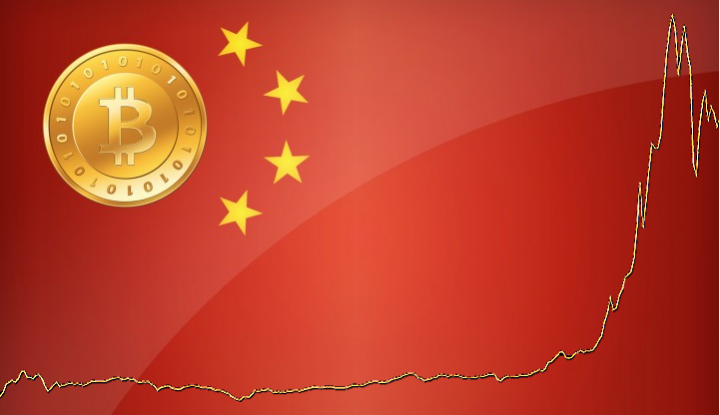fool.com / By Fani Kelesidou / December 30, 2013
From the U.S. government’s shutdown to the snowstorm that hit Cairo for the first time in over a century, 2013 was definitely an interesting year. For Bitcoin, the “underground” digital money system, it was a landmark year.
In 2013, Bitcoin was crowned “word of the year” by the Australian National Dictionary Centre, it crossed the $1,200 threshold but halved in value in just a split second, it raised eyebrows among regulators and world-class economists, while its “rebellious nature” allured Wall Street and Silicon Valley.
Here are a few of the most memorable Bitcoin moments of 2013:
The open source peer-to-peer currency kicked off a roller-coaster year with theBlockchain.info wallet – the “go-to” Bitcoin wallet service – surpassing 100,000 users. Throughout 2013 and as the Bitcoin craze begun to gather pace, the number of new users skyrocketed to nearly one million.
On Valentine’s Day, social discovery and discussion site Reddit started accepting Bitcoins for its premium Reddit Gold service. At the time, it was the second most popular website after WordPress to accept Bitcoin as a payment option. Slowly but surely, others like L.A.-basedtravel agency CheapAir.com and the University of Nicosia in Cyprus followed suit, paving the way for the virtual currency’s push into the mainstream. - READ MORE







